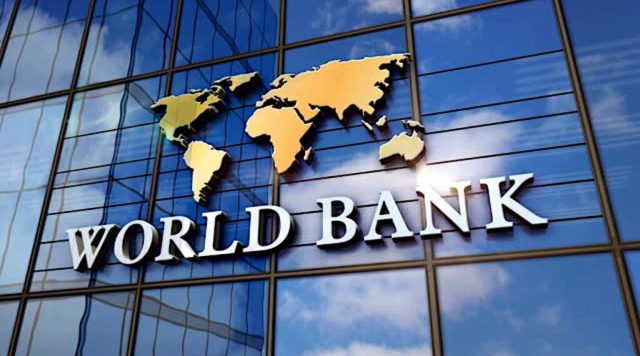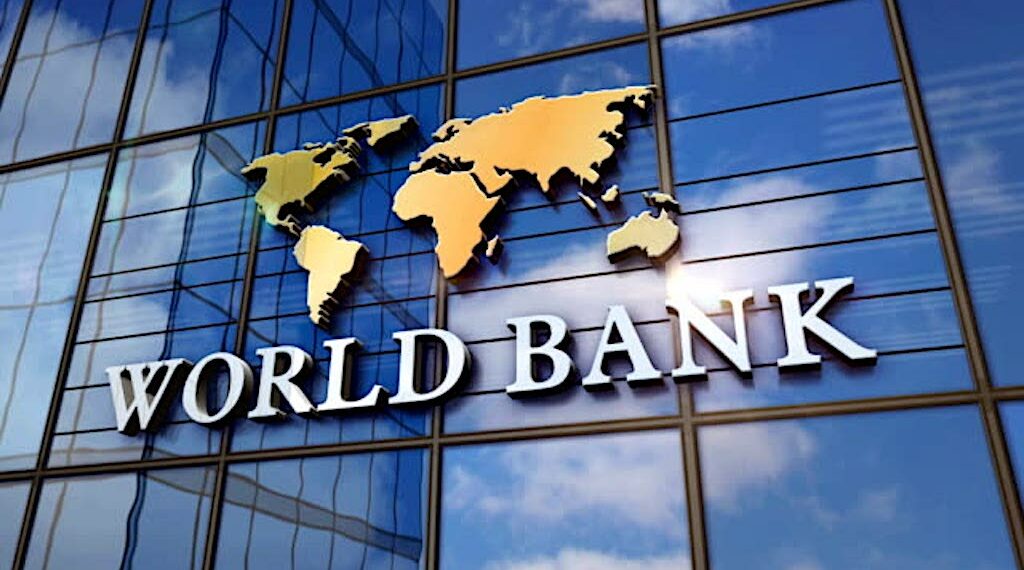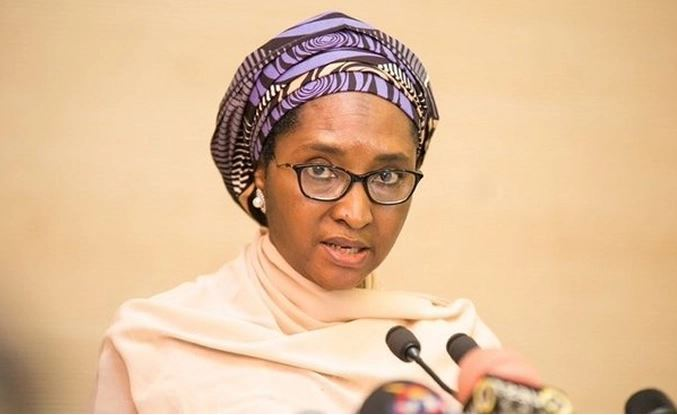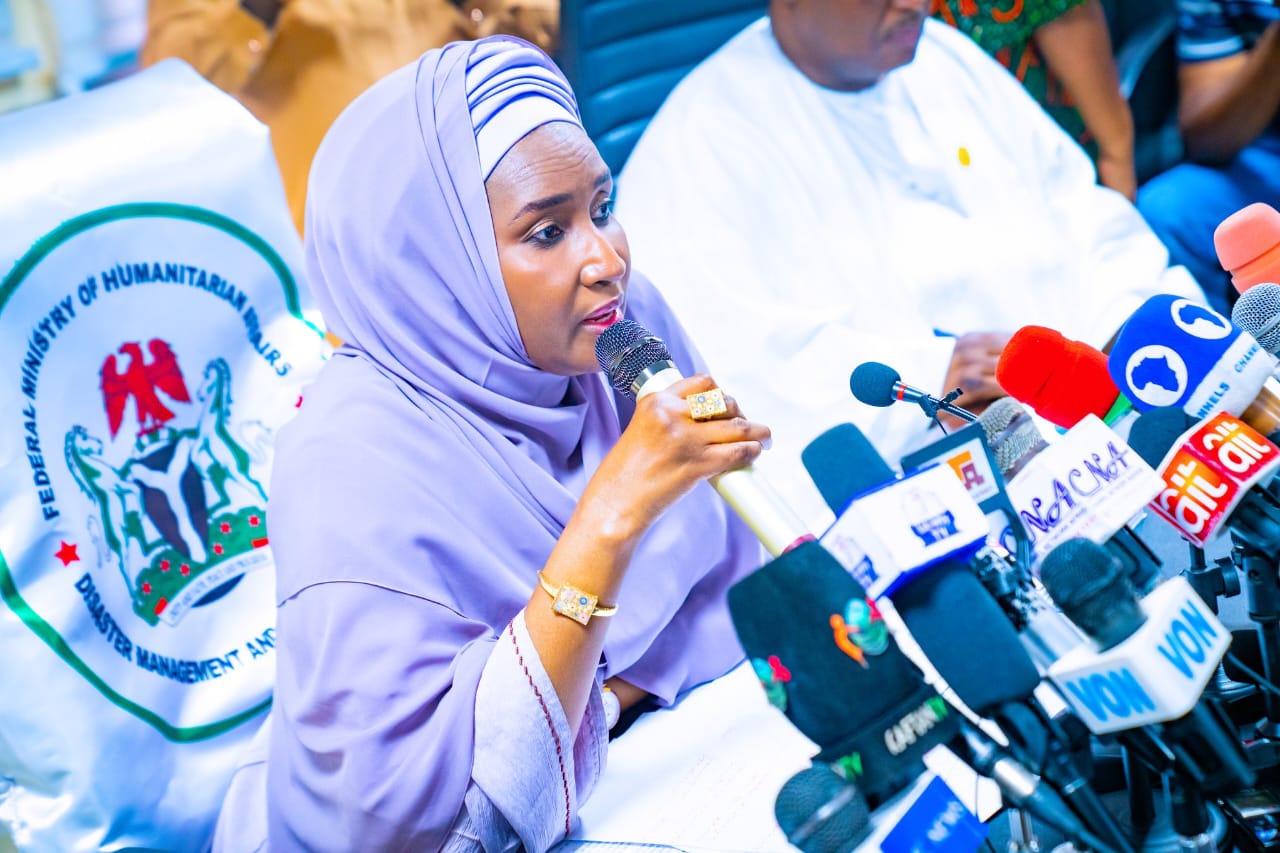

The Minister of Finance, Budget, and National Planning, Zainab Ahmed, last Wednesday disclosed that Nigeria has secured a World Bank facility worth $800 million.
According to her, the $800 million is the first tranche of palliatives to be disbursed through cash transfers to about 50 million Nigerians, who belong to the most vulnerable category in the society.
Details of a document seen by PREMIUM TIMES showed that the financing agreement is between Nigeria and the International Development Association (IDA), a part of the World Bank that helps the world’s poorest countries.
The amount is part of a sum considered to be “concessional financing”, the document showed.
According to the United States Agency International Development, concessional loans, or soft loans, have more generous terms than market loans. They include below-market interest rates, grace periods in which the loan recipient is not required to make debt payments for several years, or a combination of low-interest rates and grace periods.
Facility Details
The document also revealed that the facility agreement was signed by both parties, Nigerian government and IDA, on 16 August, 2022.
According to the agreement, the project aims to provide cash transfers to poor and vulnerable people in both rural and urban areas in Nigeria, in response to economic shocks, for at least two years.
The project also aims to strengthen the delivery system of the safety net programme, through the use of digital technologies, expansion of coverage, and improvement of efficiency.

The loan comes with a commitment charge rate of 0.5 percent per year and a service charge of 0.75 percent per year on the withdrawn credit balance, as well as an interest charge of 1.25 percent per year on the withdrawn credit balance.
The repayment will be made in installments, with payments due on January 15 and July 15 each year. The first payment is due on January 15, 2027, and the last payment is due on July 15, 2051.
The loan must be repaid in U.S. dollars, the agreement showed.
Meanwhile, the amount of each payment is expressed as a percentage of the principal amount of the loan, and it will increase over time. While the first payment will be 1.65 percent of the principal amount, the last payment will be 3.40 percent of the principal amount.
These percentages represent the portion of the loan that needs to be repaid in each payment, except if the lender specifies a different percentage per the terms and conditions of the loan agreement.
Nigeria has declared its commitment to carry out the project per the provisions of the agreement.
Similarly, the agreement shows that the loan will become effective 120 days after the signature date (August 16, 2022) and it will terminate 20 years after the signature date.
Since the minister made the announcement, many Nigerians have raised concerns about the sustainability of the loan and how it could worsen the nation’s debt burden.
Debt concerns
In January, the Director-General of the DMO, Patience Oniha, said that Nigeria’s total debt stock rose to N44.06 trillion as of the end of September 2022, largely reflecting the weakness of the local unit, Naira.
![Debt Management Office (DMO) boss, Patience Oniha. [PHOTO CREDIT: Official Web page of DMO] Eurobonds](https://media.premiumtimesng.com/wp-content/files/2020/09/171fc14b49a79ea979710de5b3402b30_XL.jpg)
“Considering reports that the next administration may inherit a total public debt stock of about N77 trillion, the estimated figure can be expected only if the Ways and Means Advances from the Central Bank of Nigeria are securitized,” she said.
A PREMIUM TIMES report showed that the Central Bank of Nigeria’s advances to the federal government rose 2900 per cent in the last seven years to N23.8 trillion, an unprecedented rise that violated the law, stoked inflation and worsened the country’s debt burden.
The CBN Act says the CBN may grant temporary advances to the federal government in respect of temporary deficit of budget revenue at such rate as the bank may determine. It however warns that the total amount of such advances outstanding “shall not at any time exceed five (5) percent of the previous year’s actual revenue of the Federal Government.”
In addition, it stipulates that, “All advances shall be repaid as soon as possible and shall, in any event, be repayable by the end of the Federal Government financial year in which they are granted and if such advances remain unpaid at the end of the year, the power of the bank to grant such further advances in any subsequent year shall not be exercisable, unless the outstanding advances have been repaid.”
President Buhari’s attempt to obtain approval for a loan that had already been spent caused uproar in the Senate as lawmakers accused him of violating the constitution. They also demanded to know how the funds were used.
If securitized, the next administration will inherit a public debt of N77 trillion, according to the Debt Management Office.
Expert Speaks
Kelvin Emmanuel, Chief Executive Officer of Dairy Hills, explained that the new move is a reflection of government’s misplaced priority.
“The Federating Units has a current debt stock of 46.25 trillion naira, with the state governments taking only 13.7 percent of that total, the total external debt stock of this amount is 18 trillion naira,” he said.
“The FG is asking the Senate to convert 23.7trillion in CBN Overdrafts to a 40-Year Government bond, and the Government is also shopping for 7.5 trillion naira in bilateral loans, treasury bills, and Eurobonds to do deficit financing in the 2023 appropriation act.
“In this budget, 4.98 percent each goes to Education and Healthcare, as against the 15 percent WHO and UNESCO standard that was signed by the FG in the Abuja Declaration in 2010”.
He expressed reservation about the need to give between seven to 10 thousand naira to 10 million households at a time the inflation figure is 21.9 percent and estimated PMS prices post-subsidy regime are projected to be between 580 and 782 naira, amid looming surge in the prices of food and energy.
He explained that with an infant mortality rate of 5.7 percent, there is one doctor per 10 thousand Nigerians, as compared to the WHO standard of 2.5 doctors per 1k thousand Nigerians.
Mr Emmanuel said the loans are better appropriated in a budget, with a supplementary proposal that changes the allocation to education and healthcare.
“The hand-outs, like billions of naira disbursed in the past, will do nothing to reduce the unemployment rate projected to reach 40.6 percent in 2023, or raise the per capita income of Nigerians from $2100, which has dropped 48.5 percent within the last 8 Years,” he said.
Controversial Disbursement
The federal government has in the past enjoyed low interest rate loans and grants from the World Bank through the International Development Association(IDA) and International Bank for Reconstruction and Development (IBRD).
Of the $104 million released to Nigeria’s social investment programme in the August-September 2018 and September-October 2019 payment cycle, $27,099,028 was from the International Development Association (IDA) credit.

The programmes through which the funds were disbursed include the N-Power, Government Enterprise and Empowerment Programme (GEEP), National Home-Grown School Feeding Programme (NHGSFP), and Trader Moni programme.
But the implementation of these programmes has equally generated ripples in the public sphere amid allegations of fraud and discrepancies in the allocation of the funds to targeted beneficiaries.
In July 2022, the Human Rights Writers Association of Nigeria (HURIWA) described the $1billion annual allocation for the National Social Investment Programme of the Federal Government as “the single biggest fraud in Africa.”
“The National Social Investment Programme, which include the School-Feeding Programme, is the perhaps, the biggest fraud scheme in the whole of Africa,” HURIWA said.
“This is the most significant governmental fraud to have ever been activated in Africa because apart from being opaque, it is also characterised by absolutely falsehoods, especially in the so-called school-feeding programme whereby pupils are fed with poor foods. The poorly made foods given to school pupils is distasteful despite the humongous amount been spent.”
The leadership of the National Assembly also criticized the approach adopted by the federal government to distribute the social grants to Nigerians especially during the coronavirus lockdown.
Efforts by PREMIUM TIMES to get clarity on the modality to be adopted by the Nigerian government in the implementation of the new programme proved abortive.
Multiple calls and text messages put across to the spokesperson of the Ministry of Finance, Tanko Abdullah, were not responded to as of press time Wednesday morning.






